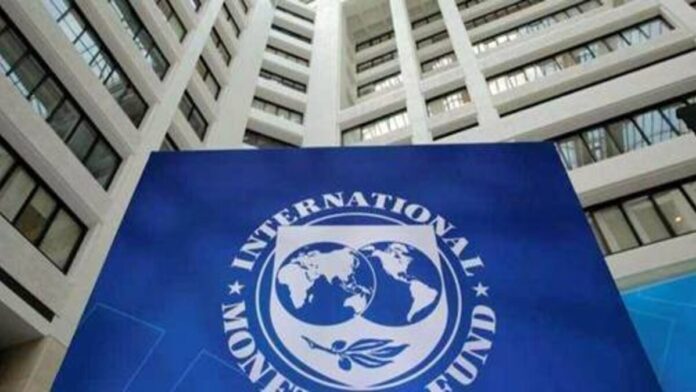Pakistan faces a crucial deadline of June 30 to implement a series of reforms, primarily through binding parliamentary approvals and legislation, to finalize a staff level agreement (SLA) with the International Monetary Fund (IMF) for its upcoming bailout program.
This development surfaces as the fortnight-long dialogue between Pakistani authorities and the IMF mission concludes.
Led by Nathan Porter, the IMF staff mission wrapped up discussions covering pivotal economic sectors including major reforms in power and gas, state-owned entities, pensions, revenue mobilization, and monetary policy adjustments in alignment with inflation expectations.
Both parties have established a broad consensus on the necessary actions and their respective timelines, with a focus on ensuring these measures receive parliamentary sanction within the stipulated timeframe.
One key requirement from the IMF is the parliamentary endorsement of the reform and policy actions, reflecting the need for stability given the volatile political climate. The mission is set to depart this Friday, with plans to formally announce the SLA by the end of June or early July 2024, contingent on satisfactory compliance with the agreed measures.
These measures include adjustments in gas and electricity tariffs, approval of taxation and trade tariff policy measures, and amendments in tax laws which are to be enacted through the Finance Bill 2024-25. The federal budget, crucial for implementing these changes, is scheduled for presentation on June 7, just after the Eid-ul-Azha holidays, allowing limited time for parliamentary debate.
Tax-related measures are a significant part of the discussions, with plans to simplify tax slabs for salaried individuals, redefine agricultural income taxation, and increase penalties for non-compliance among tax filers.
Additionally, discussions have included removing the cap on the petroleum development levy and introducing a carbon tax aimed at revenue enhancement and creating financial buffers.
On the energy front, both sides have agreed on upward revisions of natural gas prices for various sectors beginning the new fiscal year and have discussed detailed plans for reducing the gas sector’s circular debt.
Moreover, the IMF and World Bank have been involved in discussions on managing rising capacity payments and addressing the debt repayment challenges associated with CPEC-related projects.
A list of 24 state-owned enterprises (SOEs) has been shared with the IMF, categorizing them for strategic relevance or potential privatization, underscoring Pakistan’s commitment to reducing government involvement in business functions better served by the private sector.
As discussions continue, the future of state-run media and other public enterprises remains a key topic, with both sides exploring options to enhance transparency and efficiency in these institutions.
























